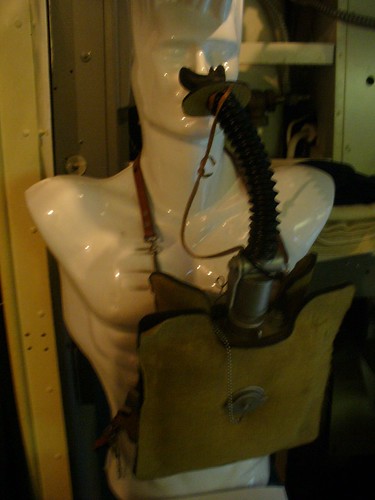Momsen Lung

Cutaway version showing the internals: http://www.descocorp.com/A Lung 2 Diagram.jpg
(Above image removed to return post formatting to proper ratio)

Cutaway version showing the internals: http://www.descocorp.com/A Lung 2 Diagram.jpg
(Above image removed to return post formatting to proper ratio)
Last edited:





